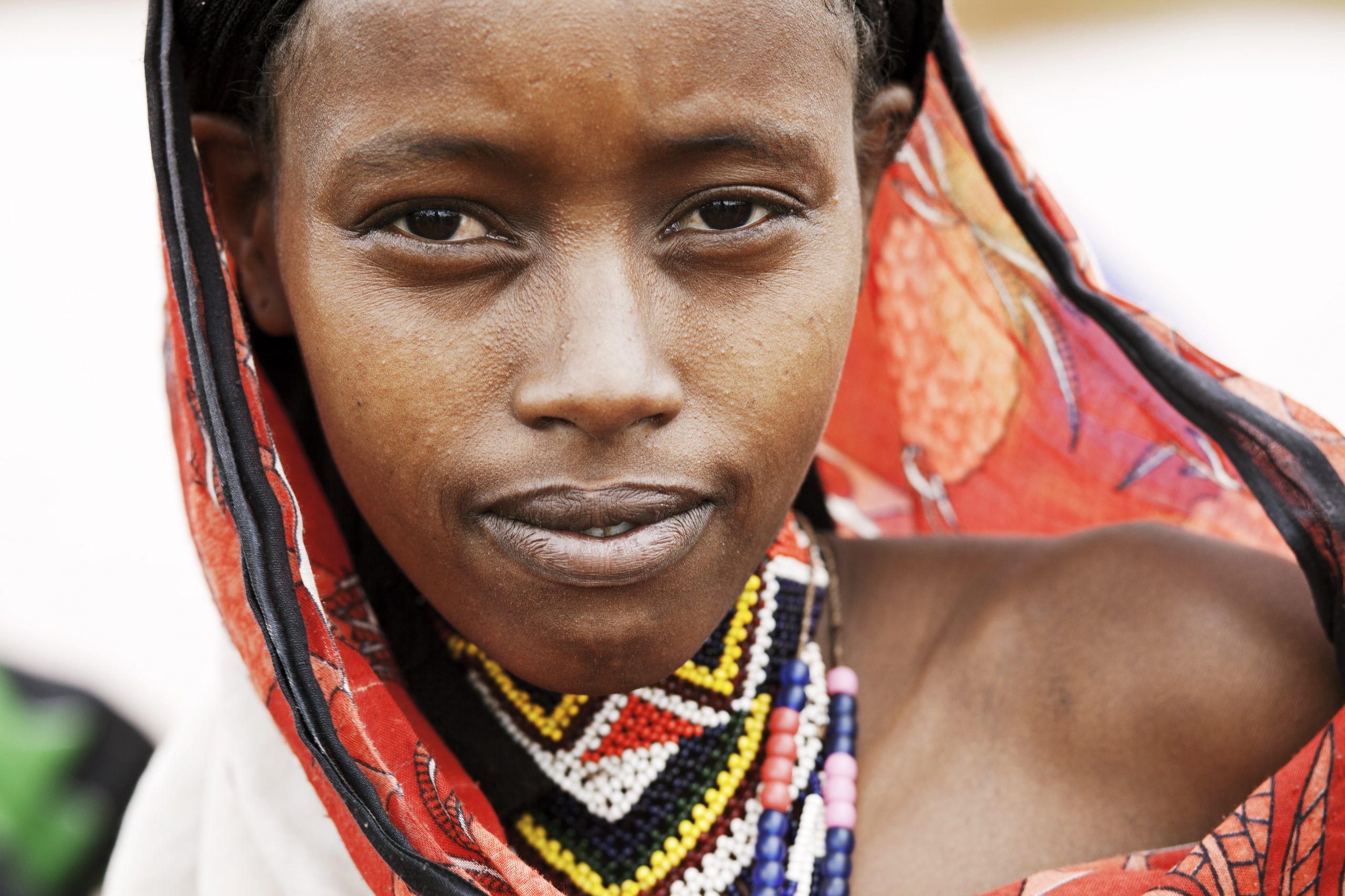Our goal
DCA sees inequality perpetuated by unjust structures, norms, and institutions as a major development and human rights issue. Too often global and national policies and practices enrich elites and exclude groups in our societies. Markets and market actors can favour those already endowed with advantages.
Discrimination based on different identities such as caste, ethnicity, gender, sexual orientation, religion, etc. intersect with and reinforce inequalities leading to the structural exclusion of large groups of men and women from developmental processes and benefits. Faith-based actors, while being an important source of hope and solidarity for excluded groups, can also contribute to stigmatization, for example in the case of sexual minorities.
DCA works – locally, nationally and internationally – on transforming those norms and institutions that perpetuate injustice and inequalities. We support actions that facilitate equal opportunities for the poorest, including support to the individuals and associations that work to challenge the unjust institutions, norms and practices that perpetuate inequalities.
What we do
- Address political inequalities by increased awareness on human rights, including related obligations and responsibilities; strengthening leadership and access to information and decision-making forums for excluded groups; furthering their organisation and networking; and facilitating access to justice and remedies.
- Provide timely support to civic actors and human rights defenders that challenge unjust structures, norms and institutions and advocate for an enabling environment for their work.
- Tackle social inequalities by advocating for the removal of inequalities in autonomy, status and worth of certain groups based on identity (caste, gender, ethnicity, citizenship, religion, sexual orientation, indigenous groups etc.)
- Reduce economic inequalities by promoting access to government resources and services (e.g. budget monitoring and national budget advocacy) and access to productive resources (e.g. land and income).
- Advocacy against environmental inequalities, and support to the poorest women and men to have equal access to natural resources challenged by environmental and climate related pressure on our planetary boundaries.

